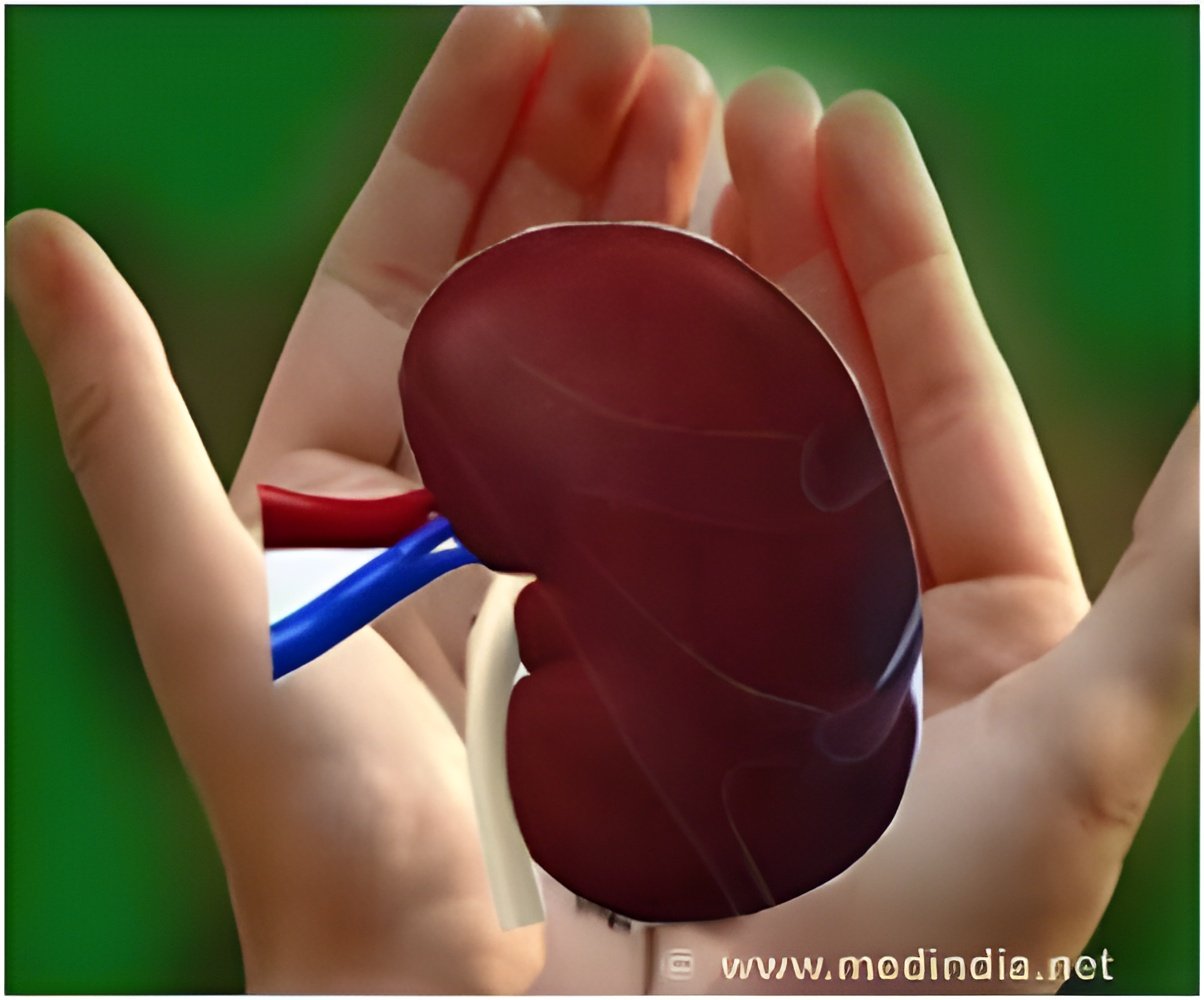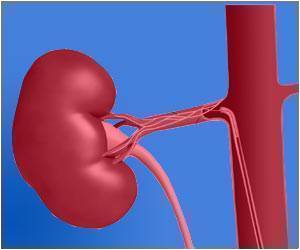
‘The UnitedHealth Group announced that it would reimburse the travel and lodging expenses to boost more interest in live organ donation.’
Tweet it Now
Most of the insurers cover the medical expenses of organ donors but do not pay the travel cost. Some states offer tax breaks for these costs.“People who travel to donate a kidney can miss at least two weeks of work and spend $5,000 or more. These costs can discourage people from becoming donors,” said Harvey Mysel, president of the nonprofit Living Kidney Donors Network.
“It is a challenge for many people,” he said.
Starting in January 2017, UnitedHealth will reimburse lodging and travel expenses beginning with a doctor’s initial evaluation and continuing for up to two years after the donor surgery.
UnitedHealth will limit this initially to its fully insured coverage. As many as 75 transplants have been covered by the insurer from living donors last year through its fully insured coverage, according to Dr. Jon Friedman, an executive with UnitedHealth’s Optum subsidiary.
Advertisement
According to the National Kidney Foundation, on an average, patients wait about three and a half years for a transplant. About 4,761 people died while waiting in 2014.
Advertisement
A kidney transplant can cost around $150,000, excluding the anti-rejection medication that patients take afterward.
Doctors prefer kidneys from a live donor because those organs tend to have better odds of functioning over the long term, according to the United Network for Organ Sharing.
Source-Medindia















